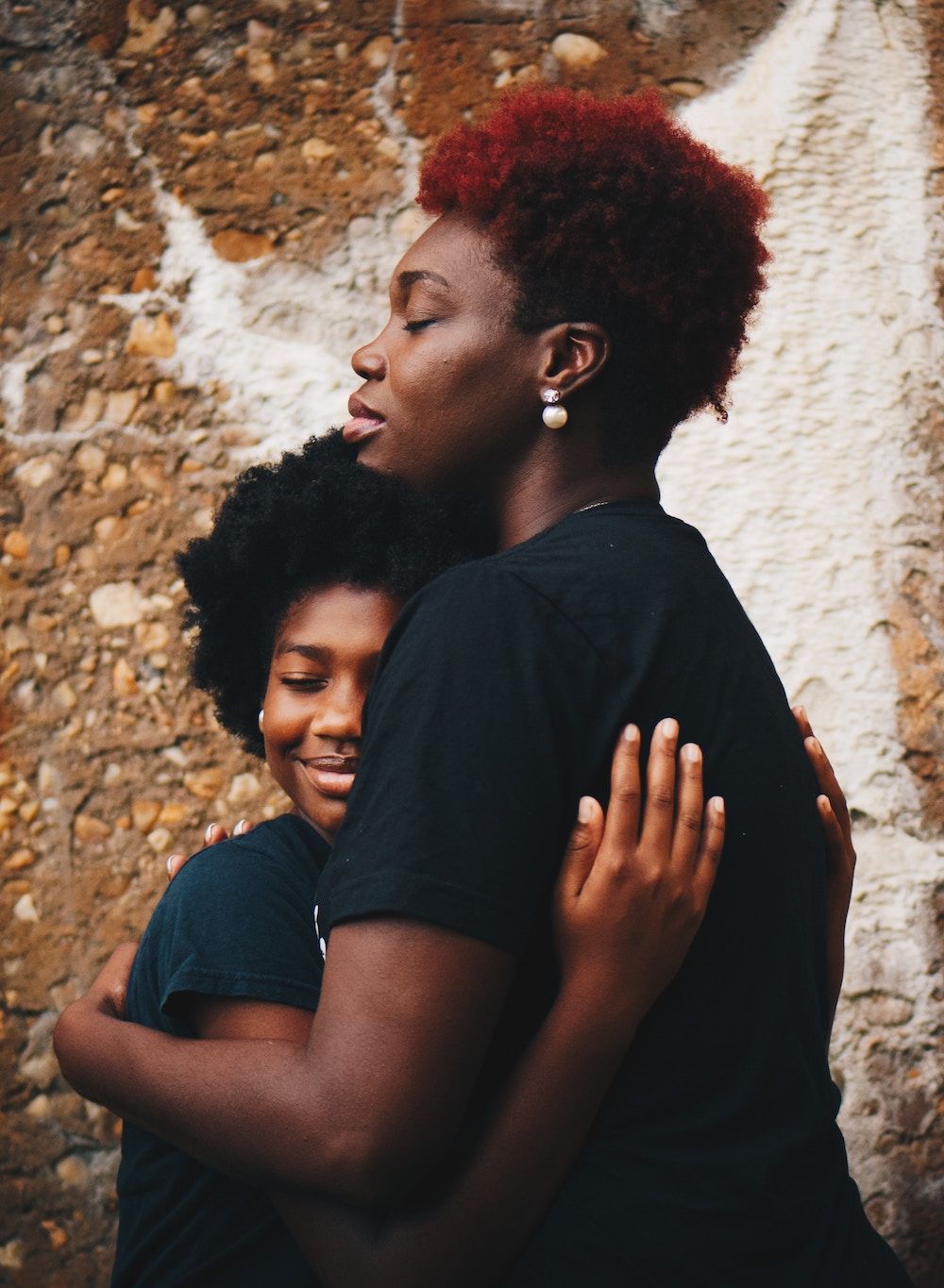We can all agree that teaching kids to open up about their mental health and wellbeing is vital. But it can be hard to practise what we preach when it comes to opening up about our own struggles
According to NHS Digital, one in five women and one in eight men in England have reported experiencing common mental illnesses, while the Mental Health Foundation found around 10% of all mothers and 6% of fathers in the UK may be experiencing a problem with their mental health at any given time. Over the past week alone, one in six of us will have experienced a common mental health problem.
As a parent or carer for a child, our natural instinct is often to shield them from big events or changes that are new or scary. We can all struggle with our mental health and wellbeing from time to time. But by discussing our own struggles – big and small – with our kids, we can help to show them that there’s nothing to hide or be ashamed of.
While there is no pressure for you to share before (or if) you feel ready, if you do feel comfortable to talk things over, it can help set a great example for children by reinforcing the idea that it really is OK to talk about how they (and others) are feeling.

With the insight of counselling psychologist and writer Wendy Gregory, here we share advice on how to tell children about your mental ill-health.
For many parents, there is a fear that having a mental health problem may lead to them being considered unfit or unable to take care of their children. However, in the vast majority of cases, this is simply not true; most people with such difficulties are perfectly functional parents, with ups and downs like everyone else. However, you may wonder when and how much you should tell your children about your mental health issues.
1. Take their age into account
At around age seven, the average child can start to put themselves in the position of someone else, so ensure that what you say to them is age appropriate. Don’t worry about trying to explain all the details to a very young child, as it’s likely that they won’t really understand, and they don’t need to. All they need to know is that ‘mummy or daddy isn’t well today, but they will get better again soon’.
2. Use simple terms
Assuming that your children are old enough to understand, it’s important for them not to feel a sense of shame or stigma – they don’t want to feel different from their friends. Explain your illness to them in simple terms, and reassure them that lots and lots of people have mental health issues at some point in their lives, and that most are able to cope well and recover. Ideally, you want to provide them with a positive coping model, and to encourage them to seek help themselves if they need it.
3. Keep them in the loop
Children have a very good imagination, and they can become intensely anxious if they don’t know what is going to happen to you, so try to keep them informed. If you are unwell, then tell them, and be open to any questions they ask.
4. Explain and reassure
Knowing about your condition can result in them worrying about themselves. Explain that this is not their fault in any way, and that it doesn’t mean that they will grow up to develop mental health issues. But if they do, you can address it together.
5. Signpost further support
Finally, if you are a lone parent, it is important that your children have someone they trust that they can talk to if they are concerned about you. Make sure they know who to contact – be it a relative, a friend, or maybe even a mental health nurse.
Provide them with a positive coping model and encourage them to seek help themselves if they need it
First steps
For more information and advice on talking to children about mental health, visit:
• Rethink.org – helping change attitudes and the lives of those affected by mental illness.
• Mind.org.uk – one of the UK’s leading mental health charities.
• Place2Be.org.uk – providing resources for parents and carers on supporting the wellbeing and mental health of children and young people.
• Counselling-directory.org.uk – for information and articles on parental and children’s mental health, or to find a therapist near you.


Comments